WORKPACKAGE MENU
> vai al WP 2
> vai al WP 3
> vai al WP 4
WORKPACKAGE 1
Definition and validation of a standardized and internationally compliant protocol for the collection of clinical, imaging, neurophysiologic, and biological samples of Italian patients with autosomal dominant Alzheimer’s disease and frontotemporal libar degeneration.
PI: Dr. Giovanni B Frisoni
Collaborators: Martina Bocchetta, Michela Pievani, Anna Mega, Fabrizio Tagliavini, Silvia Suardi, Giuseppe di Fede, Giacomina Rossi, Elio Scarpini, Daniela Galimberti, Claudio Babiloni, Nicola Marzano, Fabrizio Vecchio, Roberta Lizio.
The ItalianDIAfN Research Protocol, developed within the “Italian Network for autosomal dominant Alzheimer’s disease and frontotemporal lobar degeneration”, has been defined for symptomatic mutation carriers and individuals at risk for dominantly inherited Alzheimer’s disease and frontotemporal lobar degeneration, mutation carriers or non-carriers, aware of their genetic status. AD Protocol is compliant with the study procedures adopted by the American Dominantly Inherited Alzheimer Network (DIAN) and was developed for the assessment of individuals belonging to families with a known mutation in PSEN1, PSEN2 or APP genes. FTLD Protocol is compliant with the study procedures adopted by the European GENetic Frontotemporal Dementia Initiative (GenFI), and was developed for the assessment of individuals belonging to families with a known mutation in MAPT, PGRN or C9orf72 genes. Each protocol details the procedures for the collection and storage of biological samples, and for acquisition of neurophysiological and neuroimaging data, together with the procedures and materials for clinical and neuropsychological evaluations.
This protocol is addressed to experts and researchers having the aim of studying the etiology and the progression of these forms of disease through the investigation of the underlying neurobiological, neurophysiologic and neuroimaging processes and the associated clinical and neuropsychological aspects.
As individuals taking part in the ItalianDIAfN research project have to know their genetic status, they are required to undertake the Genetic Counselling process for genetic testing. This in order to avoid negative personal, interpersonal, psychological and ethics implications correlated with a potential unfavourable outcome.
For this reason, we also developed a harmonized protocol for Genetic Counselling with the aim of defining national procedural guidelines about counselling and genetic testing.



